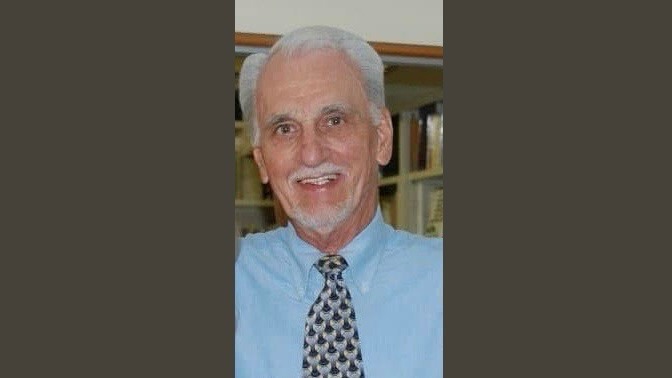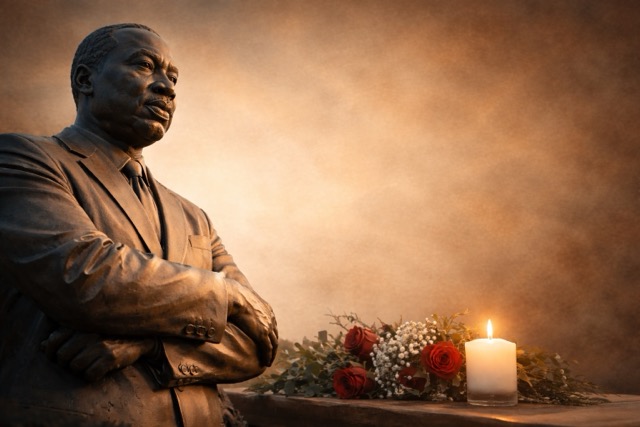Special to the Saline River Chronicle
FAYETTEVILLE – A very interesting first-person look at the Japanese-American Internment Camps in Southeast Arkansas has been published by the University of Arkansas Press.

Saline River Chronicle Freelance Feature Contributor
“Jerome and Rohwer: Memories of Japanese American Internment In World War II Arkansas,” edited by Walter M. Imahara and David E. Meltzer, is a 228-page compilation of more than 40 individuals whose families were sent to southeast Arkansas during the war most from the California coastal cities.
This book, without a doubt, brings the uprooting of American citizens to government held facilities during World War II into focus. The book comes with a forward from Jeff Owyoung, Mayor of McGehee and chairman of the World War II Japanese American Museum in McGehee along with Susan Gallion, also of McGehee was the curator at the WWII Museum in McGehee from 2013-202`11.
Another non-Japanese voice in the book is Alice Butler of St. Francisville, La., who discovered this part of American history by her relationship as the ghostwriter of “Son of Immigrants,” book of the late James M. Imahara, who was in the camps in Southeast Arkansas.
The book has each of the 44 different individuals telling their own unique story – many with personal photographs of their families, often during the time they were in the government camps.
These stories are filled with memories, both happy and sad, about the politics of these war times and also the wonder of children being uprooted to a strange new place and the undoing of most of the ways of life these families knew back home on the west coast.
Understandably the transition from one coast and its culture to another is shocking for most of these writers, recalling long train trips across the county in carts with the shades pulled down for safety reasons, as this “hidden” group of American citizens were to the transported far away from their homes to a new life in the South.
The starkness of the camps, compared to many of their middle-class homes on the West Coast, does take some time to get accustomed to, but these writers, bring about their time in either the Rohwer or Jerome camps (and many were transferred and stayed in both camps, as the Jerome camp in mid-War was transitioned to a German officers Prisoner of War (POW) encampment.
The cultural adjustment from living in safe, middle-class homes with separate bedrooms, kitchens, dining rooms and plenty of space to one- and maybe two-room barracks style living was an adjustment.
In these many recollections, there is awe and awareness of their place in history. Many phrases of patience and understanding of these trying days are related to the reader in this book.
Few local citizens are mentioned by name in the book. The cities of Jerome, McGehee and other towns in the area are often mentioned by the families in a context of visiting the town for some type of business to be conducted.
The families also have some form of closure in these stories. Many speak of going back to California, only to find their homes and businesses were gone and a veil of discrimination had installed itself that was not present when they were ordered by the government to evacuate.
Often the families look back on this portion of their history as a time when good things came from this very harsh societal experiment.
The book in hardback can be ordered from the University of Arkansas Press at or local independent bookstores.
A hardback copy is $22.46 by ordering online from the UA Press by emailing cmoss@uark.edu or call 1-479-575-7258.
An on-line catalogue of all the UA Press books can be found online.




